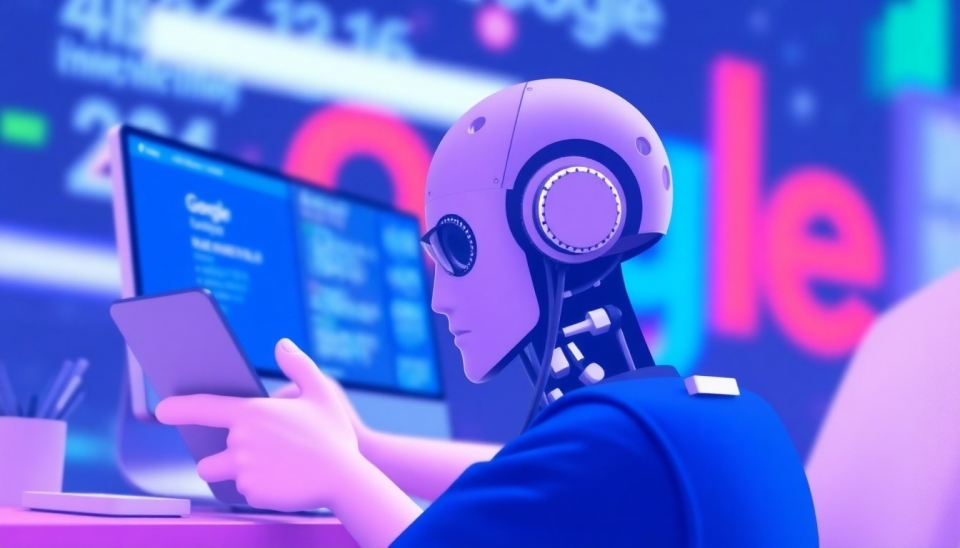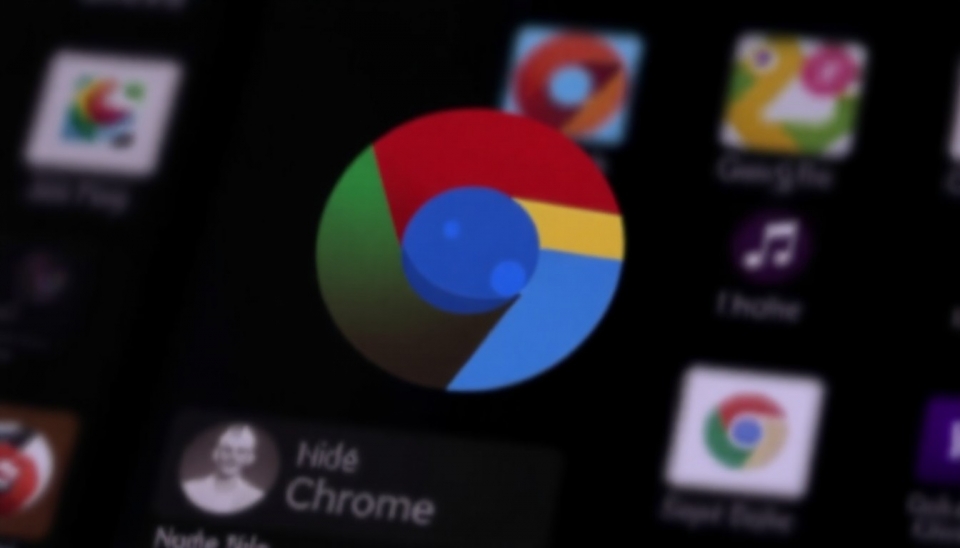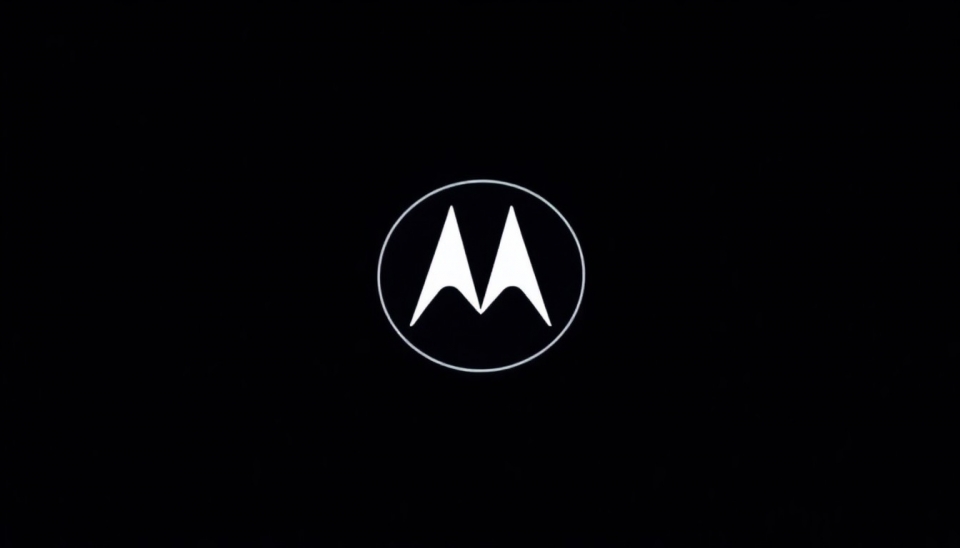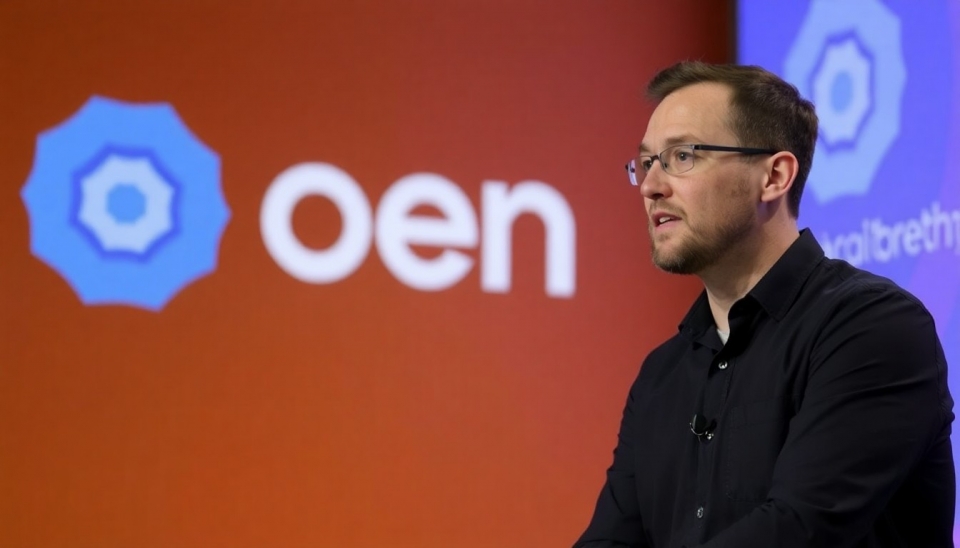
In a significant transformation of its search functionalities, Google is increasingly integrating artificial intelligence to refine how users access information, a move that has left many website creators feeling sidelined and undervalued. The tech giant's new approach emphasizes AI-generated content and results, which poses challenges for traditional content creators and website developers who rely on organic search traffic for their livelihood.
This latest shift is seen as part of Google’s broader strategy to enhance user experience by delivering quicker and more comprehensive answers to search queries. The search engine aims to provide users with direct responses rather than directing them to external websites, fundamentally altering how search results are displayed and reducing the visibility of traditional content.
Website creators, especially those who have spent years optimizing their content for search engines, are expressing feelings of betrayal. For many, Google's previous algorithm changes had already posed significant challenges. However, the latest enhancements fueled by AI are perceived as a more direct threat to their skills, efforts, and ultimately their income.
Experts note that Google's current trajectory may significantly impact traffic to smaller websites, which could suffer under the AI-fueled model that prioritizes quick answers over gateway links to detailed information. Site owners are increasingly worried that their content may become less relevant in a digital landscape where AI tools like Bard and other technologies begin to dominate search outputs.
This discontent is particularly pronounced among those who produce high-quality, niche-focused content aimed at providing in-depth knowledge or services. As AI starts to compile and summarize information from various sources, original creators fear that their unique contributions will be drowned out in a sea of generalized AI responses, making it hard to attract and retain an audience.
Adding to this sense of unease, many creators are grappling with unfamiliarity with the evolving digital ecosystem. The swift advancement of AI technology is outpacing their ability to adapt, leading to a growing divide between tech-savvy companies leveraging AI effectively and traditional content producers struggling to maintain their relevance.
In response to these disruptions, some website operators are exploring alternative strategies to engage audiences, such as focusing on unique content offerings or enhancing user interaction features. However, adapting to the AI-oriented environment poses its own set of challenges, particularly in developing a competitive edge against algorithms designed to predict user needs instantly.
As this transformation unfolds, the future of digital content creation and online visibility remains uncertain. Many wonder whether Google will pivot again, or if the era of AI-driven search is here to stay, permanently altering the landscape for both users and content creators alike.
The reactions from creators underscore the broader implications of AI's integration into everyday tools, raising critical questions about ownership, sustainability, and the potential devaluation of human effort in favor of algorithmic efficiency. The ongoing discourse surrounding this topic is crucial as it shapes the future of the digital marketplace.
As we move forward, it is evident that a delicate balance is required to ensure that AI advancements complement rather than undermine the diverse ecosystems of creativity and content that have flourished online.
For those invested in the future of web content and digital interaction, staying abreast of these developments is vital to navigate the path ahead. Every online stakeholder will need to adapt and innovate to maintain relevance in a rapidly evolving landscape.
#Google #AI #SearchEngine #ContentCreation #WebTraffic #WebsiteDevelopers #DigitalMarketing #TechNews #ArtificialIntelligence #Innovation
Author: John Miller




